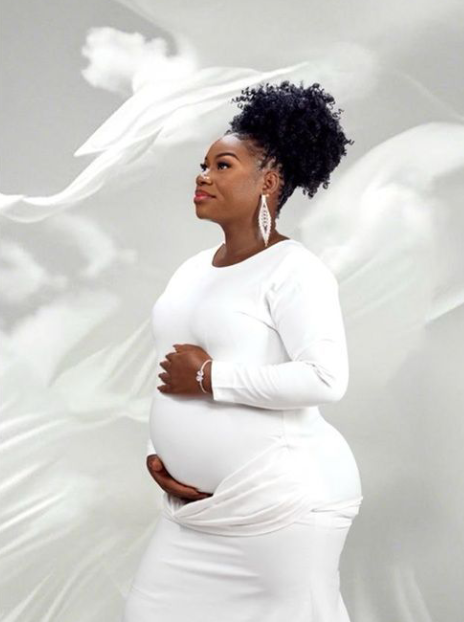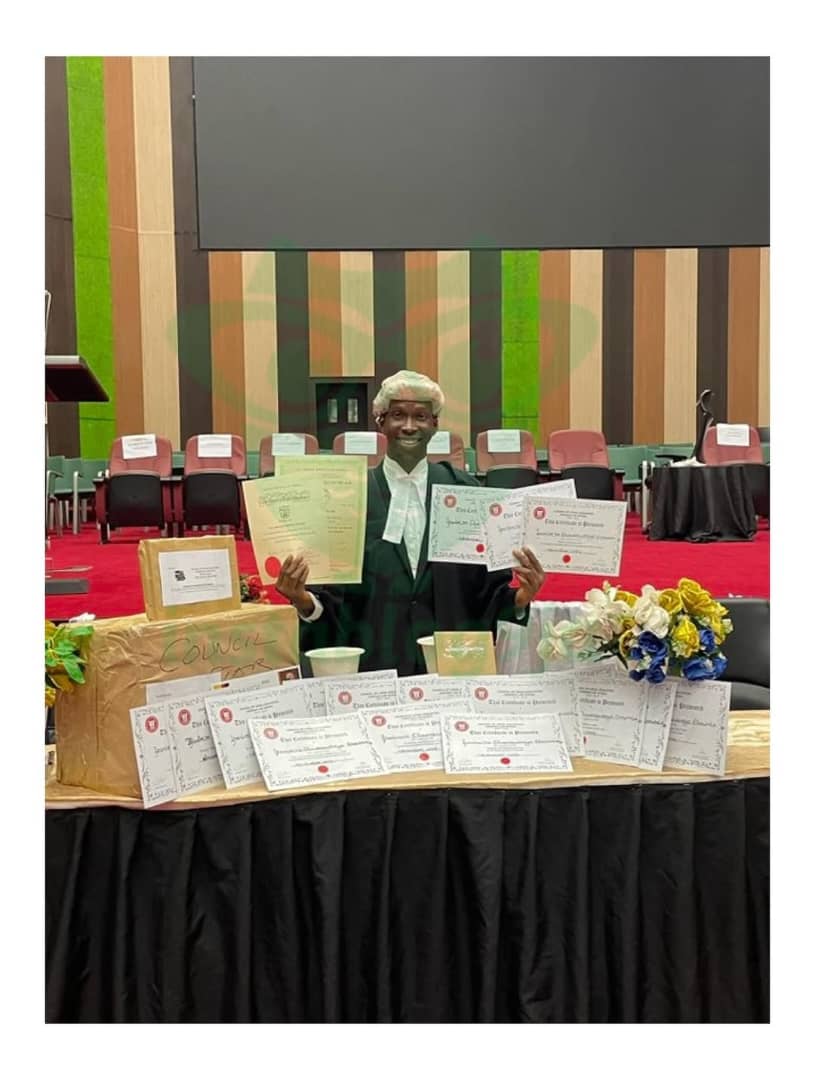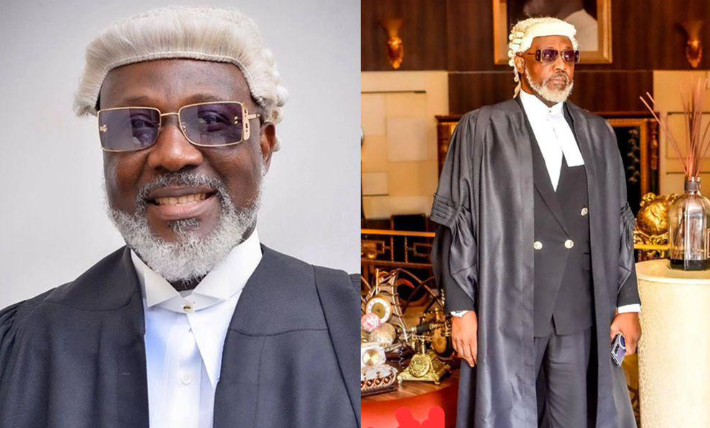
From Darkness to Dawn: Woman Shares Powerful Testimony After 7-Year Battle with Infertility

In a raw, emotional post that has left social media gripped with empathy and admiration, a woman known by her handle @TolaBrown has opened the floodgates of vulnerability and resilience, sharing a story that many would find too painful to revisit—let alone share. With a trembling honesty that echoes the heartache of countless others silently enduring similar journeys, Tola poured her heart out in a now-viral thread that detailed a harrowing seven-year battle with infertility. Her words weren’t just confessions; they were scars written in text, a lifeline to others drowning in their own silent storms.
“2 failed IVF. 4 miscarriages. 4 uterine surgeries (Polyps and recurring adhesions). PCOS. 7 years of trying,” she began. Each phrase, like a hammer to the chest, carried the weight of years spent hoping, grieving, praying, and starting over. Her testimony is not just about the baby she now holds in her arms—it’s about every tear shed in silence, every hospital gown worn in faith, every day she faced her reflection and saw a woman slowly breaking.
Infertility is a battle so personal that many suffer in silence. But Tola chose the path of visibility, turning her private pain into public healing. “Infertility dealt with me,” she wrote, and it’s not hard to understand how. She spoke of being drowned so deeply in despair that she “became a shadow.” Her businesses crumbled. Her mental health unraveled. Friends, unable to understand or perhaps too uncomfortable to stay close, faded into the distance. “Shattered dreams,” she called them, as she watched her body betray her time and again. Still, she kept trying.
The heartbreak of miscarriages alone can undo a person. Multiply that fourfold, and add to it the physical trauma of surgeries, the emotional exhaustion of IVF failures, and the underlying condition of PCOS—Polycystic Ovary Syndrome, a hormonal disorder that already places many hurdles in the path to motherhood. Tola’s strength, even in retrospect, feels otherworldly. “There were nights I held my womb and begged God,” she admitted. And in that one line lies the essence of her pain—a woman pleading with her own body to cooperate, with her God to intervene, with fate to finally shift in her favor.
Financial strain accompanied the physical and emotional toll. Debt piled up, uncertainty hung like a heavy curtain over her days, and her faith—once a source of comfort—was shaken to its core. Yet through all the chaos and pain, she endured. Not in the glamorous, inspirational sense that movies like to depict, but in the very human, messy, and agonizing way that real survival looks like: breaking down and getting up, screaming in the dark and still hoping for light.
Her story isn’t just an account of pain. It is also a rebirth. The very end of her post hinted at the miracle she had been fighting for. “I’m just grateful to be worthy to become a mother,” she wrote. “My heart is so full, I can’t stop crying.” Those words, soaked in joy and disbelief, mark the long-awaited turning point. Though the details of her baby’s arrival remain a mystery, the emotion in her words says everything: after seven years of defeat after defeat, she has finally won.
The power in Tola’s testimony lies not just in the miracle of birth, but in the reminder that behind every happy baby announcement could be a trail of blood, surgeries, hormone shots, hospital visits, lost friendships, near-depressive breakdowns, and moments of absolute despair. It’s a reality that women around the world live with every day, often in silence, often with shame, often convinced that they’re alone.
But thanks to women like Tola, the narrative is beginning to shift. Her post isn’t just a victory lap—it’s a lifeline for others. It tells those who are still knee-deep in the trenches of infertility that they are not forgotten. That their pain is real. That their questions are valid. That even if the road is unbearably long, hope can still survive. Sometimes bruised, sometimes buried, but still breathing.
It’s also a wake-up call for society. The silence and stigma surrounding infertility remain enormous, particularly in cultures where a woman’s worth is still tied to her ability to bear children. Tola’s courage to speak out disrupts that silence. She has turned her pain into purpose. And while her wounds may never fully heal, her voice might just help others begin theirs.
As her story continues to spread, so does the chorus of women reaching out, commenting, sharing their own hidden scars. Her honesty has become a mirror for others to see themselves and say, “That’s me too.” And while her story ends—at least this chapter—with a crying baby and a heart full of gratitude, it also begins again, as a mother who fought harder than most, who loved before ever being called “mom,” who became her own kind of warrior in a war no one saw.
TolaBrown didn’t just survive infertility—she stared it in the face for seven long years and came out the other side with more than a child. She came out with a story that will be remembered, a story that speaks for the voiceless, a story that will continue to echo in the hearts of everyone who has ever known the pain of wanting, waiting, and wondering if their miracle will ever come.
And maybe the most powerful thing about her words is this: they don’t end in bitterness. They end in tears—tears of a woman who once held her womb and begged, now holding the child she once thought she may never meet.


